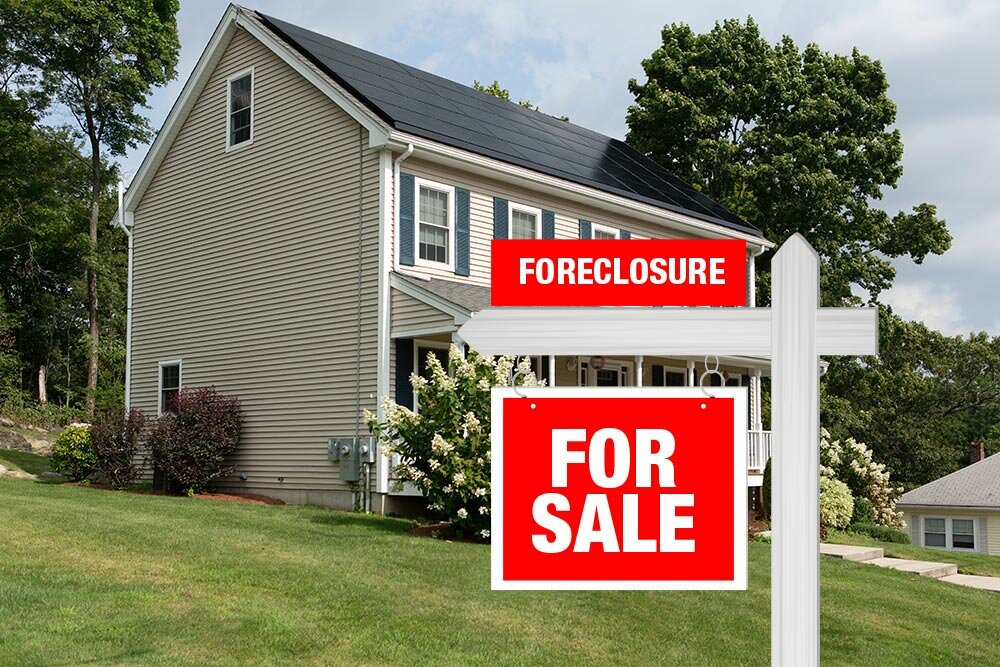
For most families, a mortgage payment is probably the most significant expense in their budget. However, sometimes when money gets tight and you’ve cut as much as possible from other expenses, you might still not be able to make your mortgage payment. Unfortunately, skipping your mortgage payment has more severe consequences than skipping out any other bill, say electricity.
Most lenders will give you a 15-day grace period that has a late fee attached. However, if you haven’t paid your mortgage in 90 days, foreclosure proceedings will start. Your mortgage lender has the legal ability to reclaim your home and sell it to recoup their money, forcing you to vacate.
How to Avoid Foreclosure
The best option available to homeowners for foreclosure prevention is to sell their home before the process starts. Those with equity in the house can seek an investor who will purchase via a quick sale. You should ensure that the transaction closes before the foreclosure auction, or you risk losing your investment. If you foresee the sale taking longer, you can hire a lawyer to stop the foreclosure via a temporary restraining order.
However, if you don’t have equity in the property, a realtor will market the property and submit competitive offers to the lender. Most lenders prefer this option because possession of the property is passed directly to the new owner.
Benefits of Short Selling
Losing your home is never easy, but it’s the lesser evil compared to a foreclosure. As a seller, here are a few benefits of choosing to short sell.
Protects Your Credit
When your property goes into foreclosure, your credit score will take a huge hit. A foreclosure entry goes into your credit report a month or two after the proceedings are initiated and will remain in the report for seven years. Your credit score will take a dip by a significant number of points.
If you choose to short sell, it will appear as a negotiated settlement in your credit report. Although your credit score can lower by a few points, the drop can’t be compared with foreclosure. The points by which your credit score will reduce will depend on several factors, including your previous credit score and the number of negative entries of your credit report. By short selling, you become eligible to purchase a new home in two years compared to seven years if you went for foreclosure.
Gives You Control
Once the foreclosure process begins, you will start receiving demand letters, constant exchanges with legal teams, and it can all be overwhelming for any homeowner. Even though there will be meetings and paperwork with a short sale, they’re often similar to those of a traditional sale, which is far less stressful than a foreclosure process.
Choosing to short sell your home is beneficial for all parties involved: the buyer, you, and the mortgage lender

